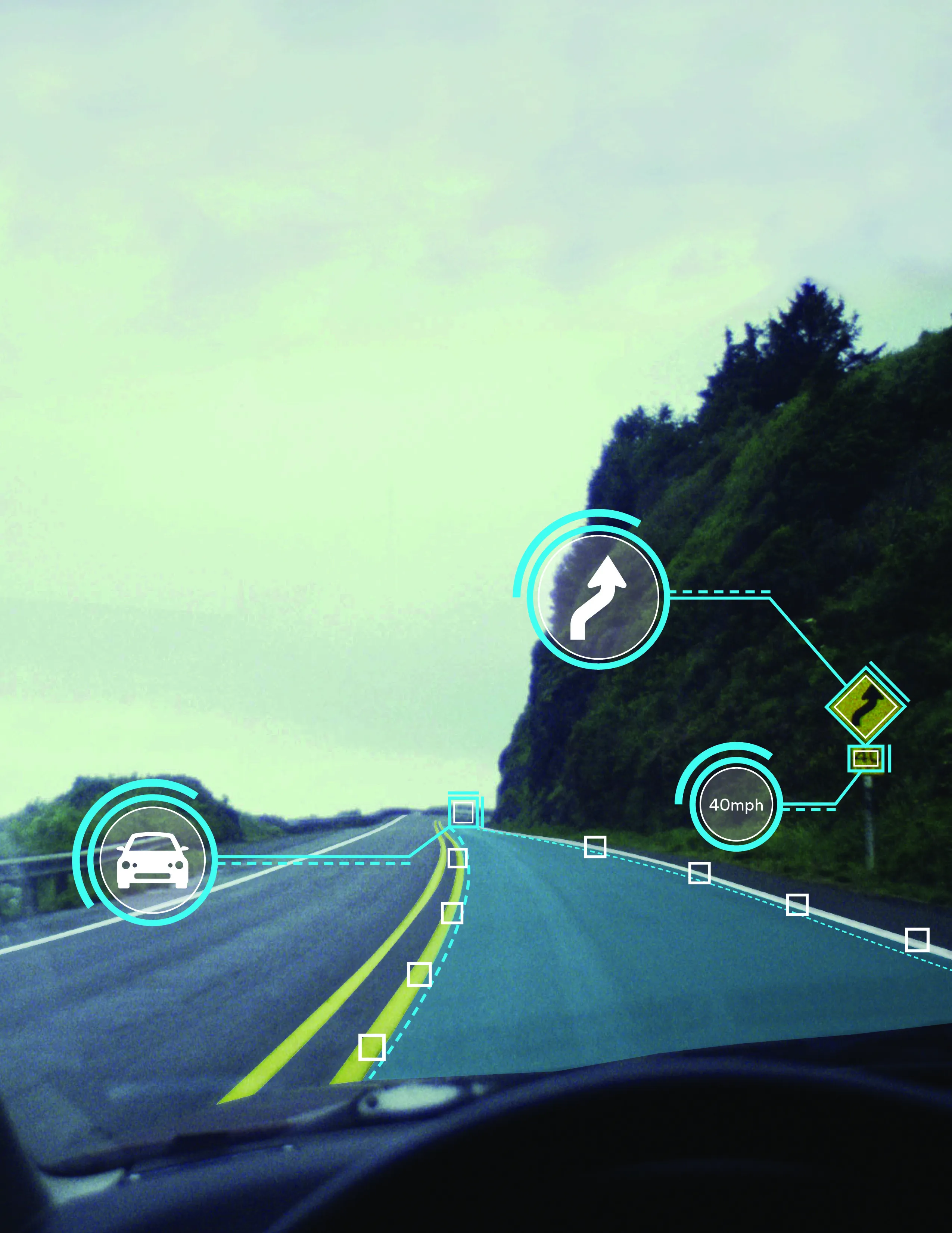Zipcar, which claims to be the world's leading car sharing network, has been awarded a blanket purchase agreement (BPA) by the US General Services Administration's Office of Motor Vehicle Management (GSA Fleet) as a vendor for the federal government's short term rental (STR) programme.
May 1, 2012
Read time: 2 mins
RSS5399 Zipcar, which claims to be the world's leading car sharing network, has been awarded a blanket purchase agreement (BPA) by the US General Services Administration's Office of Motor Vehicle Management (GSA Fleet) as a vendor for the federal government's short term rental (STR) programme.
This marks the first time that car sharing has officially been part of the GSA Fleet's list of approved vendors for use through the STR programme by federal government entities, which now have access to Zipcar's entire fleet of car sharing vehicles throughout the company's 12 major US markets. The term of the BPA runs through 30 September, 2012, with four one-year options to renew.
The GSA Fleet selection comes in the wake of several other city and state government contracts that Zipcar has recently secured. “Zipcar fits into a new era when governments are trying to do more with less by utilising new technologies, methods and practices,” said Zipcar chairman and CEO, Scott Griffith. “Our partnerships across a range of government agencies have already helped to create efficiencies and streamline costs for many levels and facets of government. We are thrilled by the Federal government’s addition of Zipcar to the GSA fleet programme.”
Zipcar has more than 605,000 members and over 9,000 vehicles in urban areas and college campuses throughout the United States, Canada and the United Kingdom. The company offers more than 30 makes and models of self-service vehicles by the hour or day to residents and businesses looking for an alternative to the high costs and hassles of owning a car.
This marks the first time that car sharing has officially been part of the GSA Fleet's list of approved vendors for use through the STR programme by federal government entities, which now have access to Zipcar's entire fleet of car sharing vehicles throughout the company's 12 major US markets. The term of the BPA runs through 30 September, 2012, with four one-year options to renew.
The GSA Fleet selection comes in the wake of several other city and state government contracts that Zipcar has recently secured. “Zipcar fits into a new era when governments are trying to do more with less by utilising new technologies, methods and practices,” said Zipcar chairman and CEO, Scott Griffith. “Our partnerships across a range of government agencies have already helped to create efficiencies and streamline costs for many levels and facets of government. We are thrilled by the Federal government’s addition of Zipcar to the GSA fleet programme.”
Zipcar has more than 605,000 members and over 9,000 vehicles in urban areas and college campuses throughout the United States, Canada and the United Kingdom. The company offers more than 30 makes and models of self-service vehicles by the hour or day to residents and businesses looking for an alternative to the high costs and hassles of owning a car.






